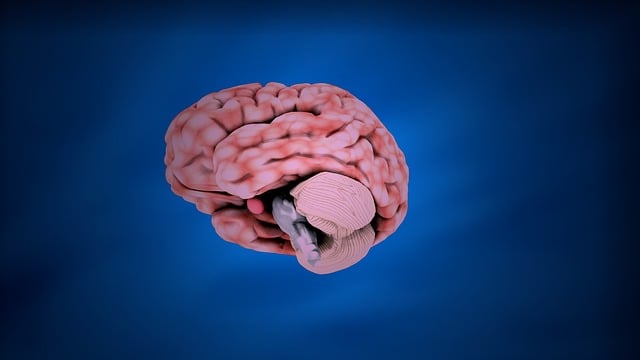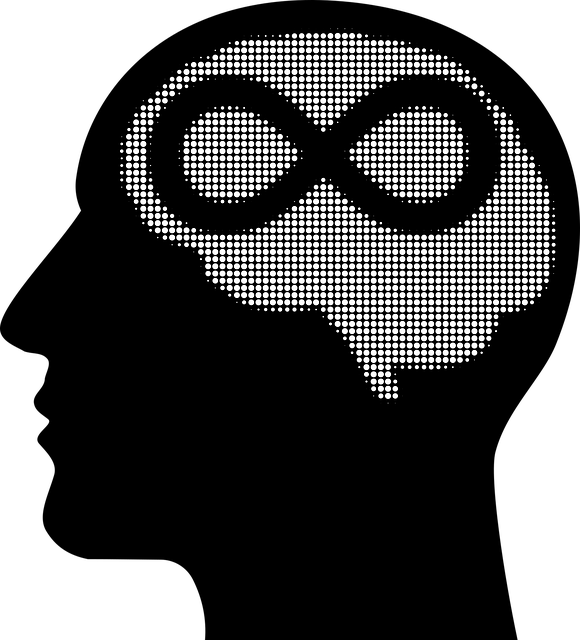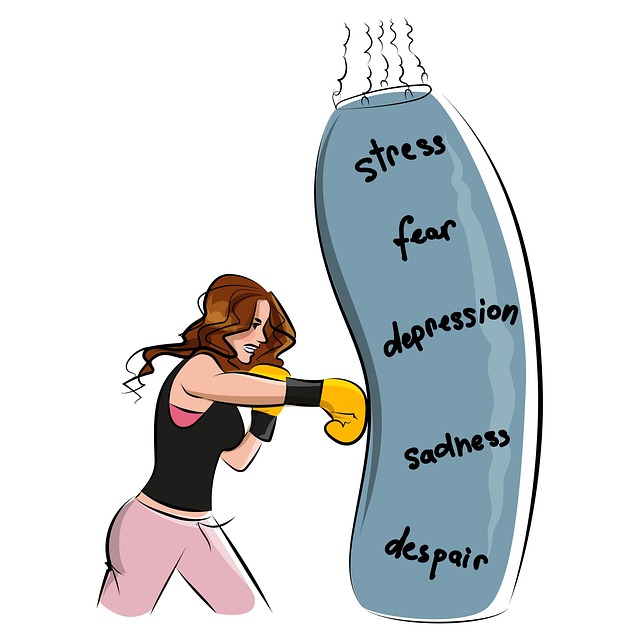Mental wellness programs focus on building resilience and improving well-being through various therapies, including Boulder EMDR Certified Therapy for trauma resolution. These programs equip individuals with coping skills, teach stress management and emotional regulation, and promote self-care routines for long-term mental health. Boulder EMDR Certified Therapy combines cognitive therapy with Eye Movement Desensitization and Reprocessing (EMDR), enabling in-depth exploration of past experiences and their current impact on mental health. Quantitative assessment techniques like surveys and questionnaires provide structured data on program effectiveness. Qualitative research methods, including open-ended interviews and focus groups, capture nuanced insights into clients' experiences and perceptions. Integrating participant feedback is vital for continuously improving programs and enhancing therapy effectiveness to meet evolving client needs.
Mental wellness programs are gaining prominence, yet evaluating their effectiveness remains a challenge. This article explores comprehensive evaluation methods for these programs, focusing on the integration of quantitative and qualitative techniques. We delve into the significance of Boulder EMDR Certified Therapy, a specialized approach, in assessing mental health interventions. By combining statistical analysis with in-depth qualitative insights, organizations can gain a holistic understanding of program impact and make data-driven improvements.
- Understanding Mental Wellness Programs and Their Impact
- The Role of Boulder EMDR Certified Therapy in Evaluation
- Quantitative Assessment Techniques for Program Evaluation
- Qualitative Methods: Unlocking Deeper Insights
- Integrating Feedback for Continuous Improvement
Understanding Mental Wellness Programs and Their Impact

Mental wellness programs are designed to foster resilience and enhance overall well-being. These initiatives often incorporate various therapeutic approaches, such as Boulder EMDR Certified Therapy, which focuses on trauma resolution and emotional healing. By targeting specific mental health concerns, these programs aim to equip individuals with effective coping skills for navigating life’s challenges.
Beyond addressing immediate issues, mental wellness initiatives prioritize self-care routine development for better mental health. This involves teaching participants practical strategies for stress management, emotional regulation, and maintaining a balanced lifestyle. Such programs recognize that building resilience is key to long-term mental wellness, enabling individuals to adapt positively to life’s ups and downs.
The Role of Boulder EMDR Certified Therapy in Evaluation

Boulder EMDR Certified Therapy plays a pivotal role in evaluating mental wellness programs. This therapeutic approach integrates Eye Movement Desensitization and Reprocessing (EMDR) techniques with elements of cognitive therapy, allowing for in-depth exploration of past experiences and their current impact on an individual’s mental health. By facilitating self-awareness exercises that encourage clients to process traumatic memories and negative beliefs, EMDR helps uncover underlying emotional responses and patterns that may be contributing to mental wellness challenges.
The integration of Boulder EMDR Certified Therapy enhances the comprehensiveness of program evaluations by providing a structured framework for assessing both conscious and unconscious processes. This method supports the development of effective interventions tailored to individual needs, ensuring trauma support services are centered around evidence-based practices. Furthermore, risk assessment for mental health professionals becomes more nuanced as they can now identify and address complex emotional issues that might otherwise go unnoticed, thereby improving overall program effectiveness and client outcomes.
Quantitative Assessment Techniques for Program Evaluation

Quantitative assessment techniques play a pivotal role in evaluating mental wellness programs, offering structured and data-driven insights into program effectiveness. Methodologies such as surveys, questionnaires, and standardized tests are powerful tools to gauge participant progress and overall program impact. These methods allow for the collection of numerical data, enabling researchers and practitioners to analyze trends, identify areas of improvement, and make informed decisions. For instance, post-program surveys can assess changes in symptoms, life satisfaction, and coping mechanisms among participants, providing concrete evidence of the Boulder EMDR Certified Therapy’s (or any specific program) success rate.
Furthermore, quantitative assessments facilitate comparisons between different programs or interventions. By standardizing measurement tools, researchers can determine which methods or techniques yield the best outcomes, guiding future program development and implementation. This data-driven approach ensures that resources are allocated efficiently, and crisis intervention guidance, community outreach program initiatives, and public awareness campaigns development are optimized based on empirical evidence rather than assumptions or anecdotes.
Qualitative Methods: Unlocking Deeper Insights

Qualitative methods offer a powerful lens to gain intricate insights into mental wellness programs and their impact on individuals’ lives. Through techniques like interviews, focus groups, and surveys with open-ended questions, researchers can uncover nuanced experiences, emotions, and perceptions that are often beyond the reach of quantitative assessments. This approach is particularly valuable in understanding the subjective well-being of clients, especially those undergoing specialized treatments such as Boulder EMDR Certified Therapy. By delving into individuals’ personal narratives, therapists and evaluators can identify themes related to resilience building, self-care routine development for better mental health, and even hidden risks that may require immediate attention through effective risk management planning for mental health professionals.
Qualitative evaluations allow participants to share their stories, providing rich data on the program’s effectiveness in fostering positive mental wellness outcomes. This method is especially beneficial when gauging the success of interventions focused on complex issues or unique populations. By analyzing these insights, mental health professionals can make informed decisions, adapt programs as needed, and ultimately enhance the overall well-being of their clients.
Integrating Feedback for Continuous Improvement

Integrating feedback from participants is a vital component of evaluating mental wellness programs, particularly those offering innovative approaches like Boulder EMDR Certified Therapy. By actively seeking and incorporating insights from individuals who have undergone the program, therapists and organizers can ensure continuous improvement and refinement. This feedback loop allows for a dynamic adaptation process, where the therapy’s effectiveness is continually enhanced to better serve its clients’ evolving needs.
Incorporating this feedback not only leads to improved therapy outcomes but also fosters a positive thinking mindset within the healthcare provider community. Burnout prevention strategies can be identified and addressed through participant reflections, ensuring that therapists remain equipped with the latest techniques for boosting confidence and mental resilience. This collaborative effort creates a supportive ecosystem where both practitioners and clients thrive, ultimately revolutionizing mental wellness care.
Evaluating mental wellness programs is a multifaceted process, from quantitative assessments that measure outcomes to qualitative methods that uncover nuanced participant experiences. As seen with the integration of Boulder EMDR Certified Therapy, specialized techniques can significantly enhance program effectiveness and impact. By combining both approaches, we gain a comprehensive understanding of mental wellness initiatives, enabling continuous improvement based on robust feedback. This holistic evaluation ensures programs remain dynamic and responsive to the evolving needs of those they serve.














